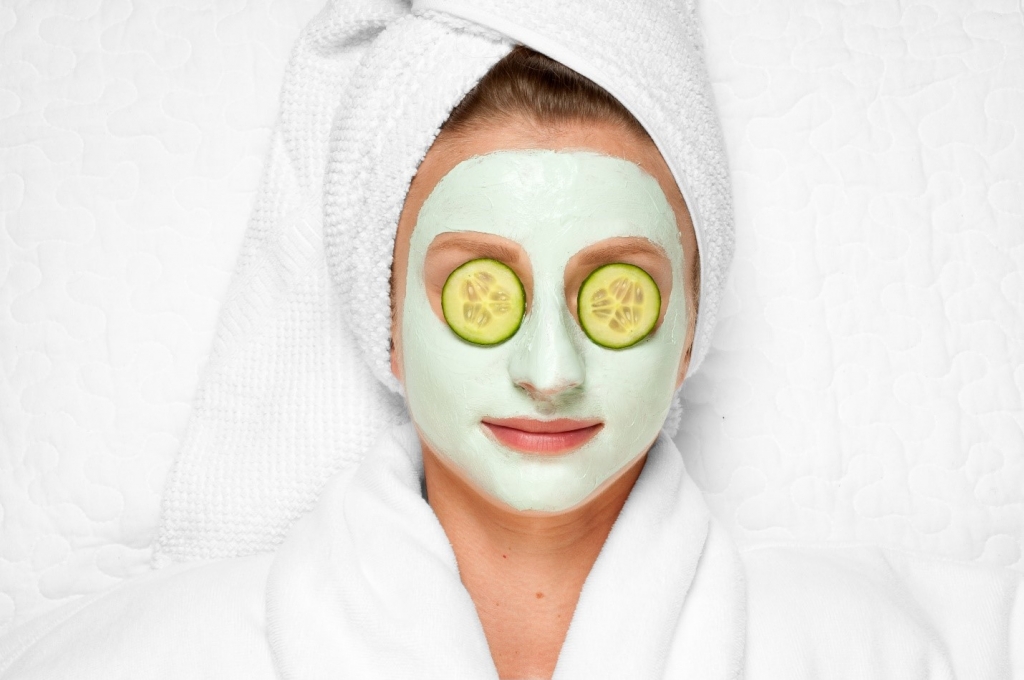Ladies: Dos and Don’ts for Vaginal and Pelvic Health
Women are taking their pelvic health seriously today, and that’s a great thing. Especially considering that most will experience at least one issue with their lady parts at some point. It could be bladder leakage, recurrent yeast infections, uterine fibroids, heavy periods, or something else.
But, while some pelvic health trends are making the taboo topic of your vagina mainstream, others are at best useless and at worst harmful. Read on to see our dos and don’ts for vaginal and pelvic health.
Do: Kegel Exercises

You’ve heard that doing Kegel exercises can help strengthen the vaginal muscles and even lead to longer, stronger climax, right? Read more about that here.
What’s more, Kegels can also help reduce bladder leaks, an issue that one in three women will deal with at some point. Why are bladder leaks so common?
Well, for starters, pregnancy and childbirth test the limits of any woman’s body. Having babies (and even chronic straining from constipation or carrying extra pounds) can stretch the muscles that hold up your bladder, bowel, and uterus.
These are called the pelvic floor muscles, and they’re super important for keeping your pelvic organs tucked neatly away and working properly.
Stretched Pelvic Floor Muscles = Bladder Leaks = Major Bummer
When the pelvic floor muscles get stretched, an organ in your pelvis can drop from its normal position and press on other organs. When an organ presses against your bladder or urethra (the tube that carries urine out of the body), you can leak urine when you laugh, cough, or sneeze.
If you’re a mom, you may already know what we’re talking about. If you’re not, ask your mommy friends how many of them experience bladder leaks. You might be surprised at the number of hands that go up.

Doing Kegel exercises to strengthen the pelvic floor muscles (with cool pelvic floor exerciser technology like PeriCoach) is all the rage today.
This is a good thing, because strong pelvic floor muscles can help prevent bladder leaks, and bladder leaks are a bummer. So is not being able to control flatulence or feeling a sudden uncontrollable urge to wee or poo (the other side effects of weak pelvic floor muscles).
No matter your age, do your Kegels! Use this guide.
Don’t: “Cleanse” Your Vagina with Cucumbers
You read that right. This is a thing, apparently. Some women have taken to “cleaning” their lady bits with peeled cucumbers, vaginally inserting and twisting them for up to 20 minutes at a time. As one fired-up doctor wrote on learning of this strange new trend:
“If you have a vagina, you should definitely not do this.”

There are many good reasons for not sticking vegetables and other food products into your vagina. We’ll give you two:
- It can harm the good bacteria that keep your vagina and pelvic cavity running like a well-oiled machine.
- It can damage the vagina’s delicate mucosal surface.
Both things can lead to yeast and other infections, some of which (ironically) can cause foul odors—and they can put you at increased risk of acquiring an STD (like gonorrhea) if you’re exposed.
Keep the cucumbers above the neck (or at least above the waist), please.
Do: Wear Cotton Underwear
Cotton is breathable, and that’s good for your vulva and vagina. It’s also soft, reducing the likelihood of friction that can lead to skin irritation, chaffing, and sores.
If you do choose panties made from polyester, nylon, spandex, or other synthetic fabrics, opt for ones that have a cotton crotch. This is a must.
Also, if you’re an avid thong-wearer but are prone to urinary or yeast infections (or both), consider bikini briefs instead. Thongs are more likely to move bacteria from the colon toward the vagina, which can lead to infections.
Finally, if you’re comfortable with it, give your lady parts a break occasionally by going commando. The ideal time to go au natural? While you sleep at night.

Don’t: Take Lifestyle Advice from Gwyneth Paltrow
She would have you believe that an egg-shaped piece of polished stone will give your vagina superpowers. Gynecologists everywhere are skeptical.1,2
We’ll spare you all the strange rituals jade egg proponents suggest you perform to make the stone work its “magic” and just get right to the alleged benefits.
Jade egg proponents say clenching the stone with your vagina for hours on end (or even overnight) can improve pelvic floor muscle strength, increase vaginal lubrication, improve bladder control, increase orgasm potential, and improve physical and spiritual well-being.
Doctors say there’s no real evidence for any of these claims. In fact, constant clenching is not a good way to build muscle strength. Clenching and releasing (as you do with Kegels) is best. Your muscles need time to relax between contractions.
Doctors also warn the rocks can trap bacteria that could give you a nasty infection like bacterial vaginosis or—worse—toxic shock syndrome (TSS).
We’re all about connecting with your body, but this probably isn’t the best way to do it. Since there’s no real way to sterilize a porous egg, doctors say this trend is best avoided.
Do: Get Regular Check-Ups

Women used to see their doctors annually for Pap-smears. These days the recommendations have changed. Depending on your age, sexual and health history, and other factors, your doctor may recommend getting screened with a Pap smear and human papillomavirus (HPV) test once every two, three, or even five years.
HPV tests are especially important, since the virus is very common, and some strains can cause cervical cancer.
Well-woman visits are more than just Pap smears and HPV tests, though. They’re also a time to talk with your doctor about things like:
- Personal health
- Pelvic organ prolapse (a leading cause of stress urinary incontinence)
- Diet and exercise
- Sexual functioning
- Birth control options
- Menopause symptoms
- Weight management
- Physical abuse
See your doctor often, especially if you experience troubling menstrual changes, pelvic pain, or other problems.
Don’t: Douche
For decades unscrupulous feminine hygiene product manufacturers have preyed on women’s insecurities about smelling bad below the waist. Unfortunately, they’ve succeeded in convincing scores of women that their vaginas are dirty and are in need of regular cleaning. In the 1950s, well-known disinfectant maker Lysol even encouraged women to douche with their product. Yikes.
Here’s the truth:
Your vagina is self-cleaning.
Not only does douching do nothing to make you cleaner or fresher, it can disrupt the natural balance of good bacteria in your vagina and cause infections and odor.
If you notice a foul odor down south, this could be the sign of an infection. Skip the douche and see your doctor right away.

When It Comes to Vaginal Health, Less Is Better
Here’s the thing: Women’s vaginas and pelvic cavities are generally self-cleaning (and remarkably tough). They grow and push out melon-sized babies, for goodness sake. Treating yeast infections with garlic, “steaming” your lady bits (another Gwyneth Paltrow-approved practice), electroshocking your pelvic floor muscles are unnecessary and lack authentic scientific data to ever achieve what you may be after.
Like any muscles in your body, though, your pelvic floor muscles need regular exercise to stay strong.
So, to recap: Do your Kegels (use a Kegel exerciser if you want to be sure you’re doing them properly), wear cotton undies, and get regular check-ups. Don’t stick food up there and stay away from douches and other internal feminine hygiene products (unless specifically directed by your doctor or physiotherapist).
About the PeriCoach Pelvic Floor Exerciser
PeriCoach is an FDA-cleared, vaginally insertable Kegel exercise device that guides you through pelvic floor exercises. The device is fitted with several biofeedback sensors that detect when you squeeze against it. PeriCoach pairs with most Android or Apple smartphone devices, via Bluetooth, and you can see your activity in real-time as you’re exercising! Learn more about PeriCoach, and hear stories from real women about how PeriCoach has improved their lives.
Sources
- https://www.cnn.com/2017/01/27/health/jade-egg-vagina-partner/index.html
- https://www.huffpost.com/entry/jade-eggs-vagina-goop_n_588641dbe4b096b4a2335935
- https://www.smithsonianmag.com/smart-news/lysols-vintage-ads-subtly-pushed-women-to-use-its-disinfectant-as-birth-control-218734/
- https://www.theatlantic.com/health/archive/2016/10/the-superhero-in-the-vagina/503720/


